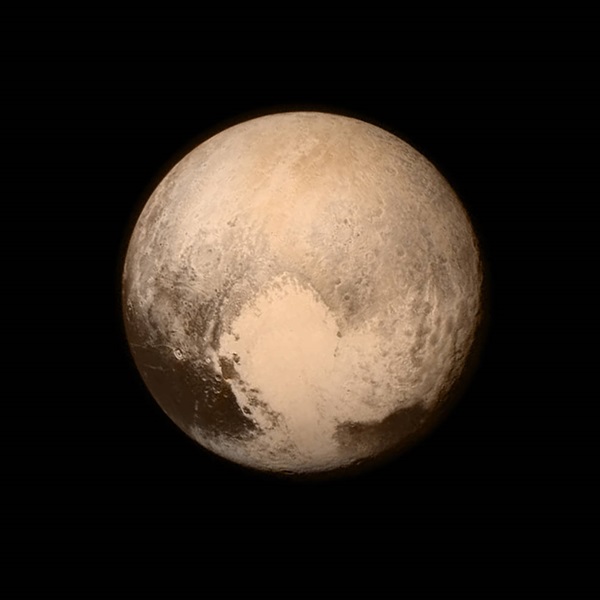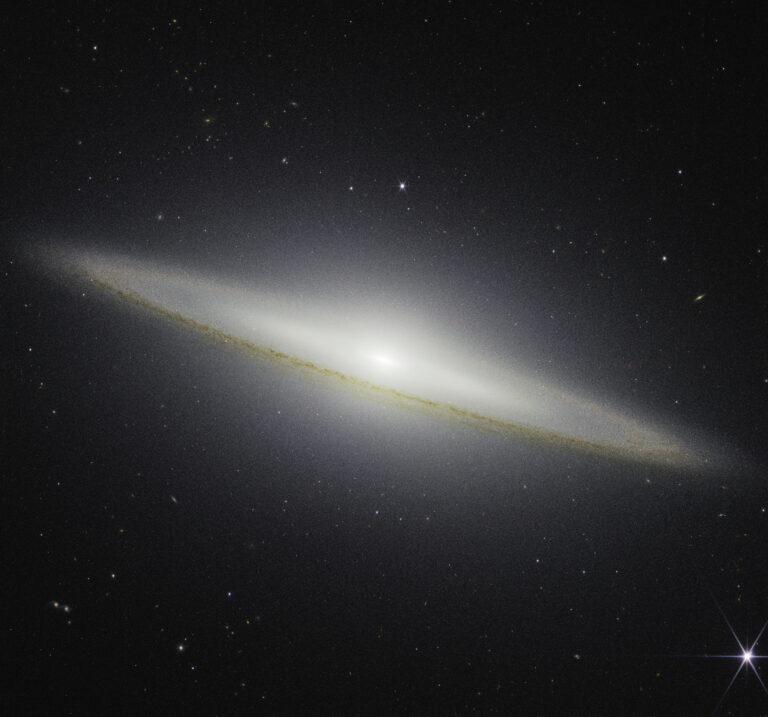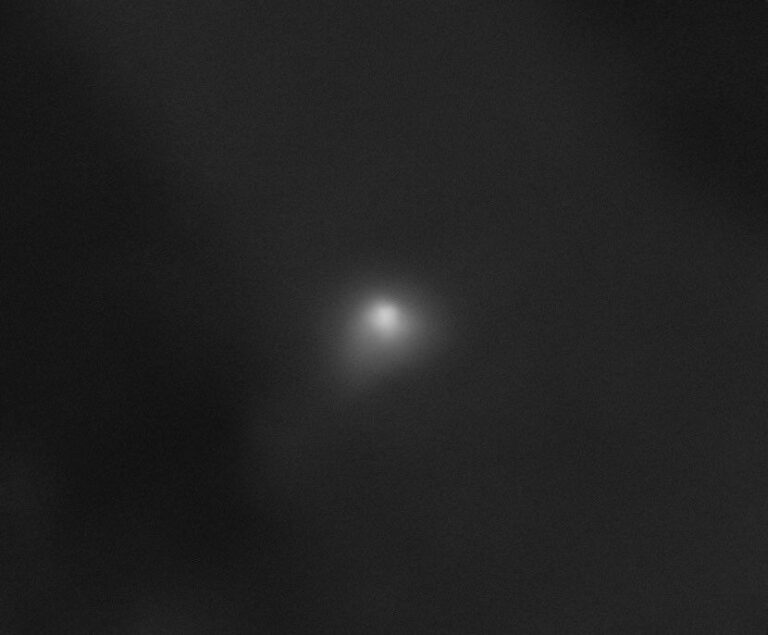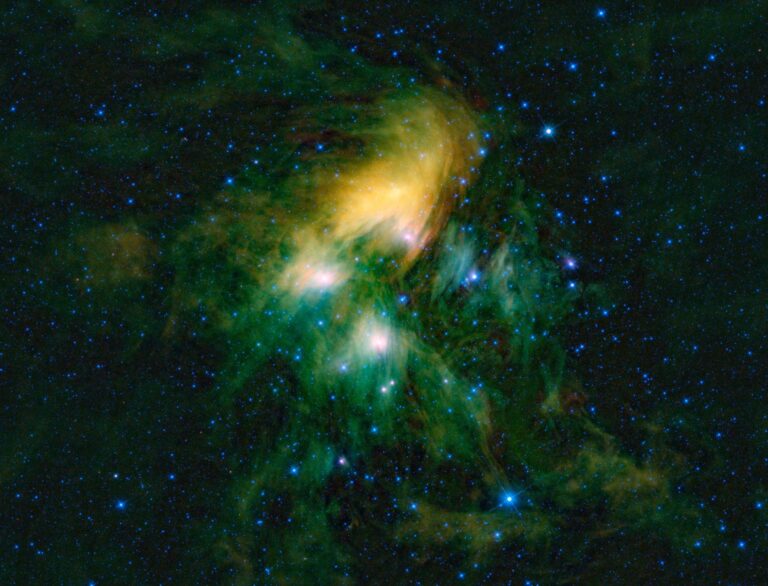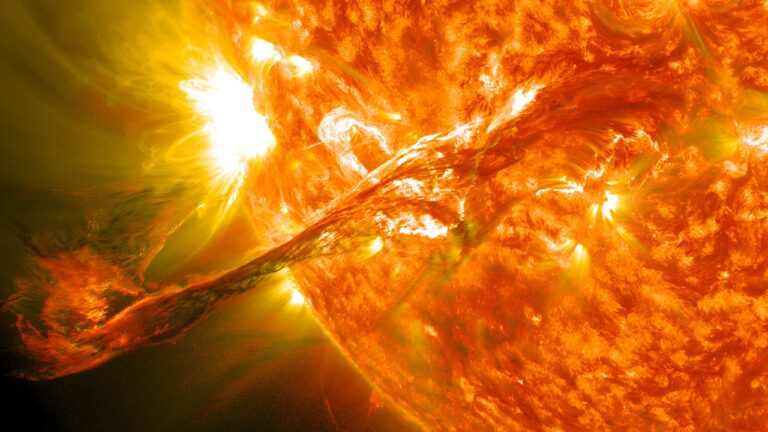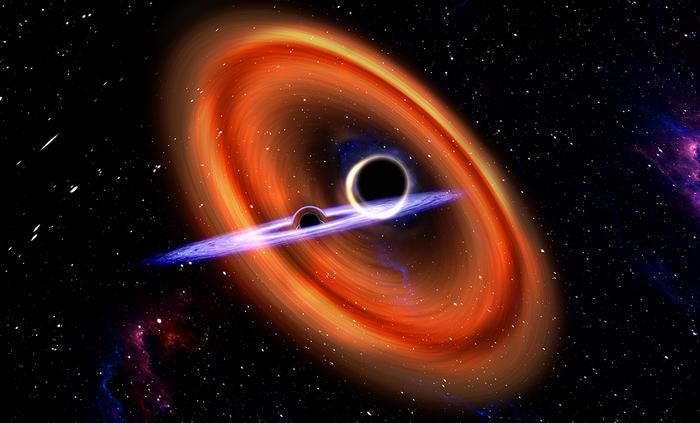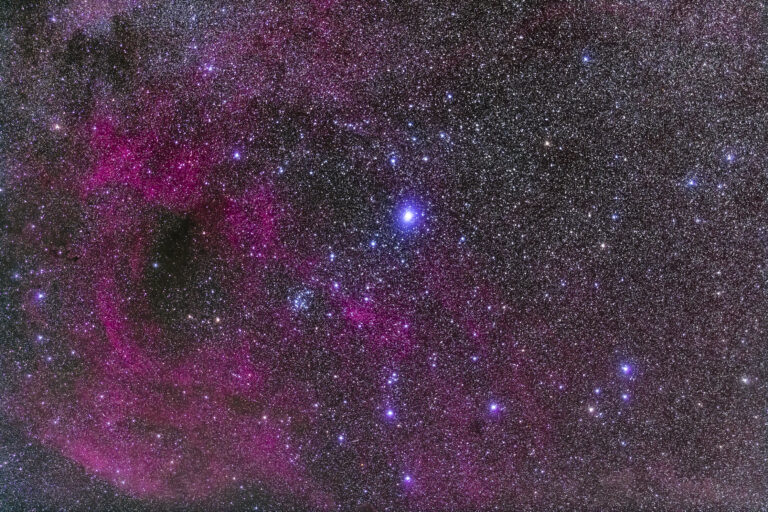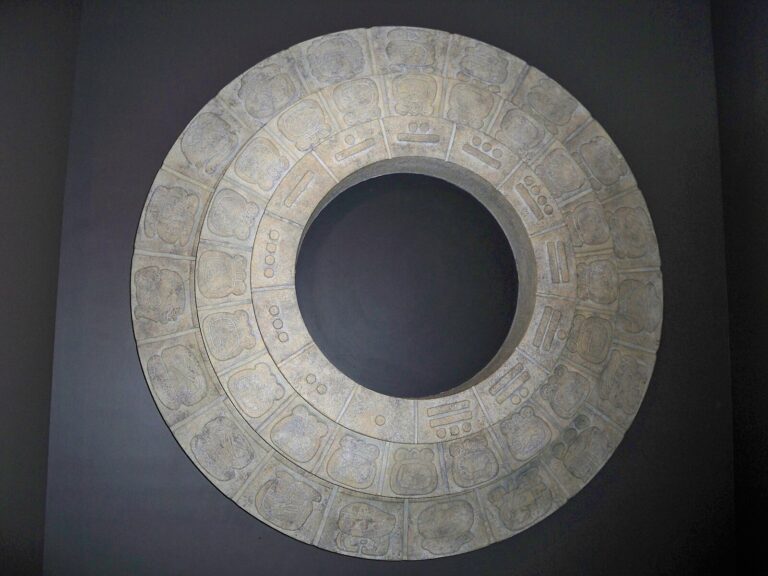Key Takeaways:
In August 2006, Pluto lost its status as the solar system’s ninth planet when the International Astronomical Union (IAU) reclassified it as a “dwarf planet.” The ruling, though controversial among both astronomers and the general public, has stood for more than a decade — but now, several scientists are making a new case for returning Pluto to its former planetary status. The new definition of the word “planet,” however, would not only promote Pluto, but over 100 additional solar system objects as well.
In a short paper that will be presented at the 48th Lunar and Planetary Science Conference in Texas this week, Kirby Runyon of Johns Hopkins University and his co-authors argue for a new geophysical definition of the term planet, worded to ensure that Pluto receives planetary recognition once more. This new definition would also elevate bodies such as Jupiter’s moon Europa, the former main belt asteroid and current dwarf planet Ceres, and even Earth’s Moon to the category of planet.
Why is this new definition worth considering? Rather than focusing on “external” factors such as whether a body has cleared its orbit (the portion of the IAU criteria that Pluto failed in 2006), the new geophysical definition instead brings to the forefront the intrinsic properties of the body itself. It takes into account the fact that many of the solar system’s worlds are physically complex and geologically active, from Ceres’ ice volcano to Pluto’s slushy heart.
In particular, Runyon argues in a press release associated with the work that Pluto “has everything going on on its surface that you associate with a planet. … There’s nothing non-planet about it.”
The definition, as put forth by Runyon and his colleagues, states, “A planet is a sub-stellar mass body that has never undergone nuclear fusion and that has sufficient self-gravitation to assume a spheroidal shape adequately described by a triaxial ellipsoid regardless of its orbital parameters.” This specific wording allows the definition to include objects that are round but bulge at the equator due to outside forces, such as gravity from a nearby planet or star, again emphasizing a body’s intrinsic properties as the basis for its classification.
Runyon and his co-authors are all associated with NASA’s New Horizons mission, which returned the first high-quality images of Pluto in 2015 after a close flyby as the spacecraft continued toward the Kuiper Belt. Among the paper’s co-authors is New Horizons principal investigator S. Alan Stern, who has argued in the past that the IAU’s current definition is inadequate, as the zone-clearing requirement that booted Pluto technically also excludes planets that share their orbits with asteroids, such as Mars, Jupiter, Neptune, and even Earth. A new definition that elevates so many solar system bodies to planets, according to Runyon, would not only carry the “psychological weight” that might spark the public’s interest in them, but also provide a more useful tool for planetary scientists, who often focus on geology and geophysics when describing astronomical bodies, rather than orbital dynamics.
If the number of planets in the solar system is raised to triple digits, Runyon and his co-authors concede in their paper that “Certainly 110 planets is more than students should be expected to memorize, and indeed they ought not.” Instead, they suggest picking a “few” (perhaps up to about two dozen) “planets of interest” to memorize instead. After all, they argue, most people don’t know the names of all 88 official constellations, or the nearly 100 naturally occurring elements on the periodic table. So perhaps generations of future students won’t need to memorize every planet in the solar system, either.

